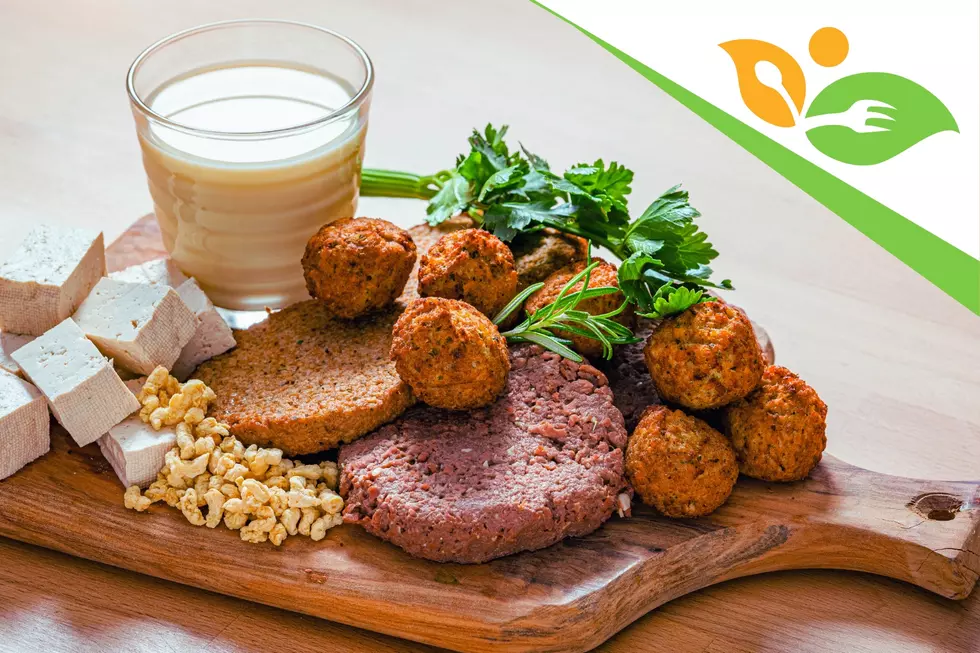
Oregon And Washington Are Top States For Vegetarians, Vegans
Two Pacific Northwest states are leaders in the vegetarian lifestyle, showcasing the need for local agriculture to supply customers with fresh produce and plant-based proteins.
Study Reveals High Demand in Oregon and Washington
InsiderMonkey provided a study examining the number of searches per state for vegetarian and vegan lifestyles, combined with the number of vegetarian restaurants available in each state, to determine the highest rates of vegetarian and veganism consumers.
Oregon ranked #2 in the list, second only to Hawaii. There are 99 vegetarian/vegan restaurants, making 24 of these restaurants per 1 million people.
Washington ranks #7, with 90 vegetarian/vegan restaurants. The study comments, "This suggests there is considerable room for improvement in terms of establishing more vegetarian-only food establishments in the state."
Idaho was not ranked, and only has 9 vegetarian/vegan restaurants.
About 3% of the United States population follows a vegan diet, although this number seems to be increasing.
Value of the Vegan & Plant-Based Diet Market Increasing
The global vegan meat market is estimated to reach $19.1B in 2032, and the global plant-based diety market is expected to be worth around $31.1B in 2032, according to market.us.
According to their report, in 2020, sales of vegan food increased twice that of other foods. From 2019 to 2020, plant-based food sales in the US increased 27%, plant-based meat sales increased 45%, and plant-based eggs grew by 168%.
Who Are Vegetarians and Vegans?
According to multiple sources and market.us, we can understand these things about vegetarians and vegans in the United States:
- 59% are female
- 60% of Gen-Z and Millennials are vegetarians/vegans
- 40% adopted the diet to be healthier
- 14% of US consumers follow a meat-free diet
Does Veganism and Vegetarianism Pose a Threat to Ag?
Our World in Data indicates that if the entire global population switched to plant-based diets, the amount of agricultural land needed would shrink by 75%.
However, a report in Agriculture comments:
...crop-only production and an exclusively vegan diet may lead to the loss of important plant and animal genetic materials, increase pressure on land and water resources, and exacerbate problems with agricultural crop residues.
Additionally, such an approach "may affect the global meat trade, change the dynamics of some economies, and threaten food security in the event of pest and disease pandemics."
Any large-scale efforts to shift diets to vegetarian or vegan will have to weigh in a large variety of factors. However at the producer level, any plant producers will be able to take advantage of offering their produce and products to local and export consumers.
Dairy and livestock producers may find value in marketing to flexitarians (those who try to reduce meat consumption but do not follow a strictly vegetarian diet). Research in Europe has indicated that flexitarians tend toward locally produced protein, and put an emphasis on seeking price value.
East Oregon University offers insight into Veganic Farming for those looking to become more sustainable.
9 Grocery Items You Didn't Know Are Vegan
Gallery Credit: Brandi Hunter
Top Rated Vegetarian and Vegan Restaurants in the Boise Area.
Gallery Credit: Kyle Matthews
More From PNW Ag Network









